related posts
Why Your Heat Pump Is Making Noise: Causes, Risks & Quick Fixes
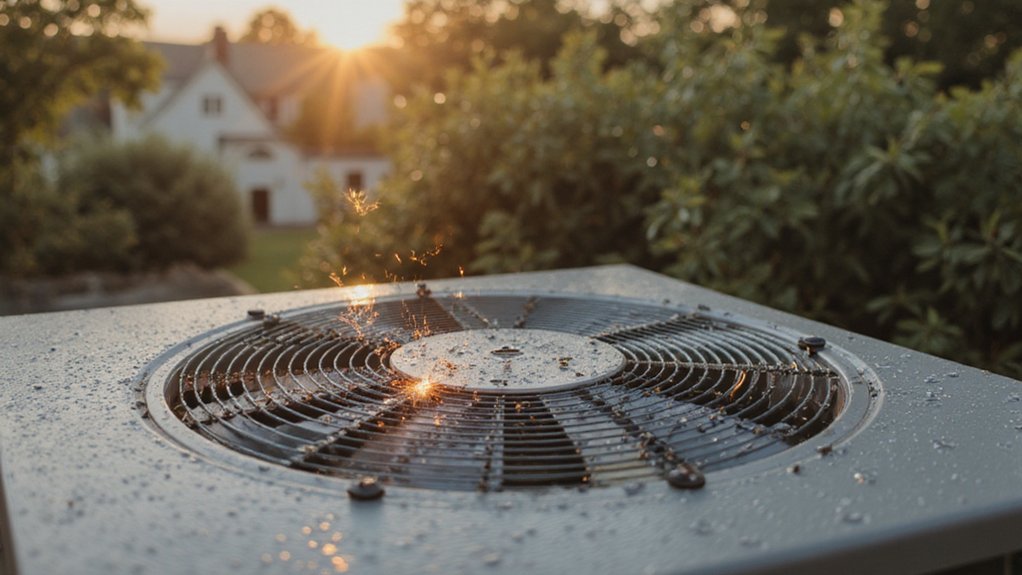
A noisy heat pump can be annoying, but it’s also trying to tell you something. Some sounds are totally normal. Others mean something inside isn’t right and needs attention before it turns into an expensive repair. If you’ve started hearing clicking, buzzing, rattling, squealing, or even banging, here’s what those noises usually mean and what you can do about them.
Key Takeaways
- Soft humming and occasional clicking are normal. Loud or unusual noises mean trouble.
- Grinding, banging, and high-pitched squeals usually point to mechanical problems and shouldn’t be ignored.
- Ignoring odd sounds can damage the system, raise energy bills, and even create safety risks.
- Regular maintenance keeps your system quieter and working longer.
- Simple fixes like changing filters, tightening loose parts, and clearing debris can reduce noise fast.
Common Noises From Heat Pumps
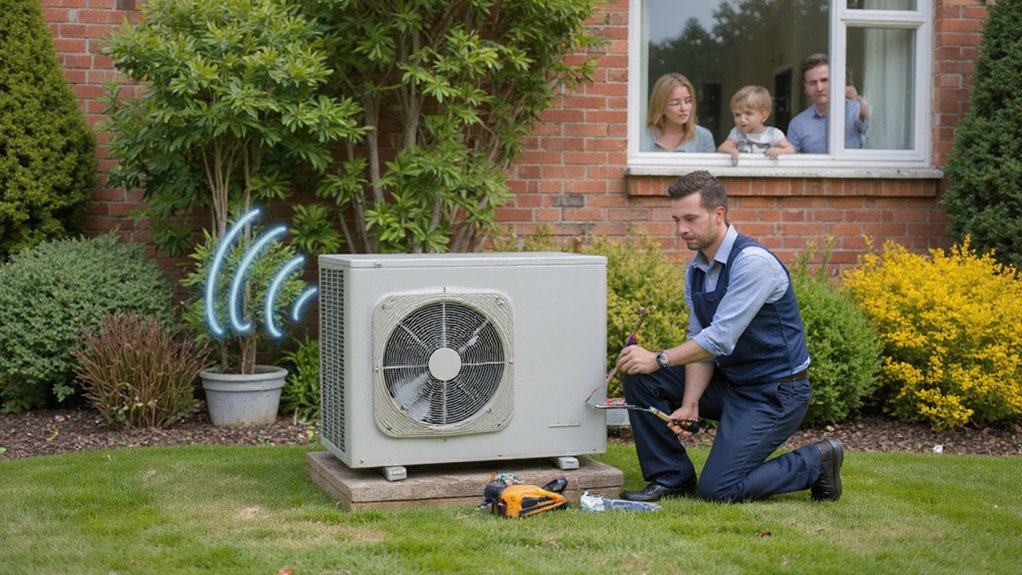
Heat pumps make different sounds depending on what they’re doing. Some are expected. Others signal a problem starting.
For example:
- A hissing sound can be refrigerant moving through the system.
- A buzzing sound often connects to an electrical issue or weak capacitor.
- A clanking or banging sound usually points to loose parts.
A steady low hum during heating or cooling is normal. If that hum turns into something louder or irregular, that’s when it's worth paying attention.
Normal Sounds You Don’t Need to Worry About
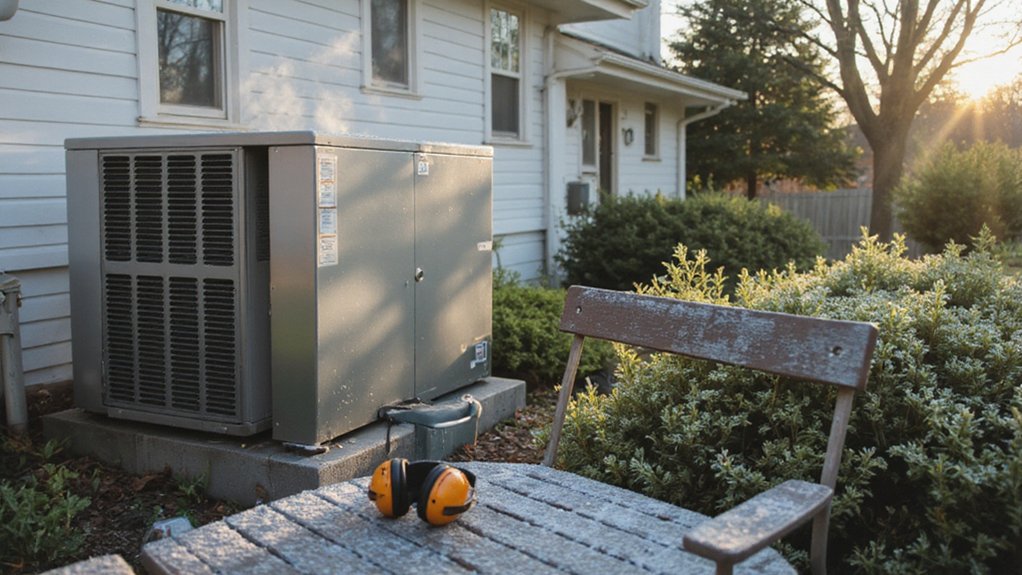
Most heat pumps aren’t silent, and that’s okay. A gentle hum when the compressor runs or the fan spins is normal. You might also hear a click when the unit switches modes. Metal parts expanding and contracting can make a quick pop now and then, especially during temperature changes.
You shouldn’t hear anything disruptive or sharp. Light background noise means the system is running the way it should.
Noises That Mean Something’s Wrong
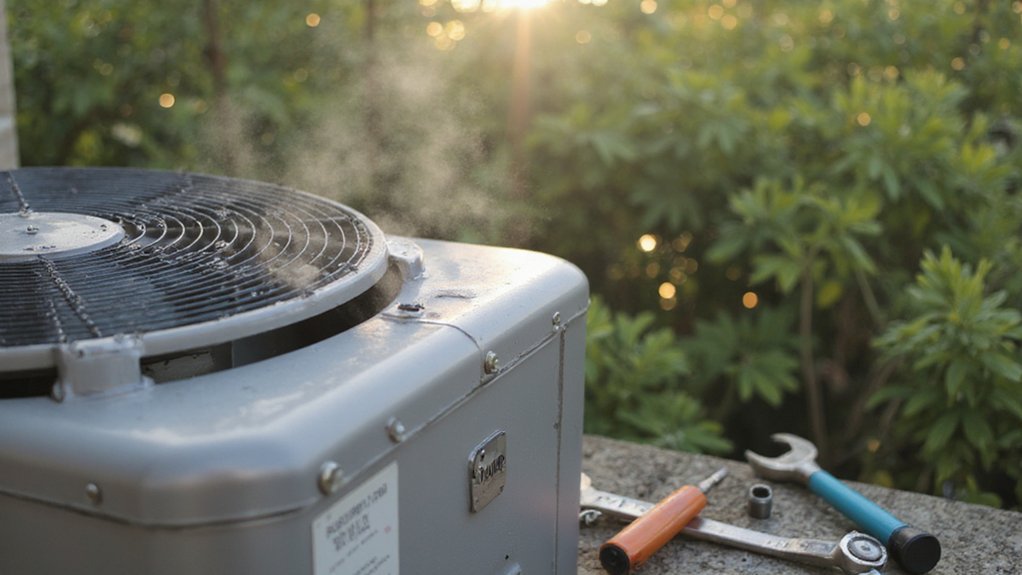
If a new or unusual noise catches your attention, don’t brush it off. Here are some examples that usually point to trouble:
- Rattling can mean loose screws or parts
- Grinding often means parts are rubbing that shouldn’t be
- Hissing might signal a refrigerant leak
- Banging suggests something came loose inside the unit
- High-pitched squealing can mean a failing motor or compressor
The sooner you catch these noises, the easier (and cheaper) the fix usually is. Pay attention to when the sound happens and how often. That information helps a technician diagnose the problem faster.
Why Heat Pumps Get Noisy

A noisy heat pump usually comes down to a few common causes:
- Loose parts or vibrations
When hardware loosens over time, the whole unit shakes and rattles. - Refrigerant issues
Low refrigerant or a leak can create hissing or bubbling sounds. - Damaged or unbalanced fan blades
These cause whirring, grinding, or scraping.
Ignoring these noises typically turns a small repair into a big one, so it’s better to act early.
What Happens If You Ignore the Noise
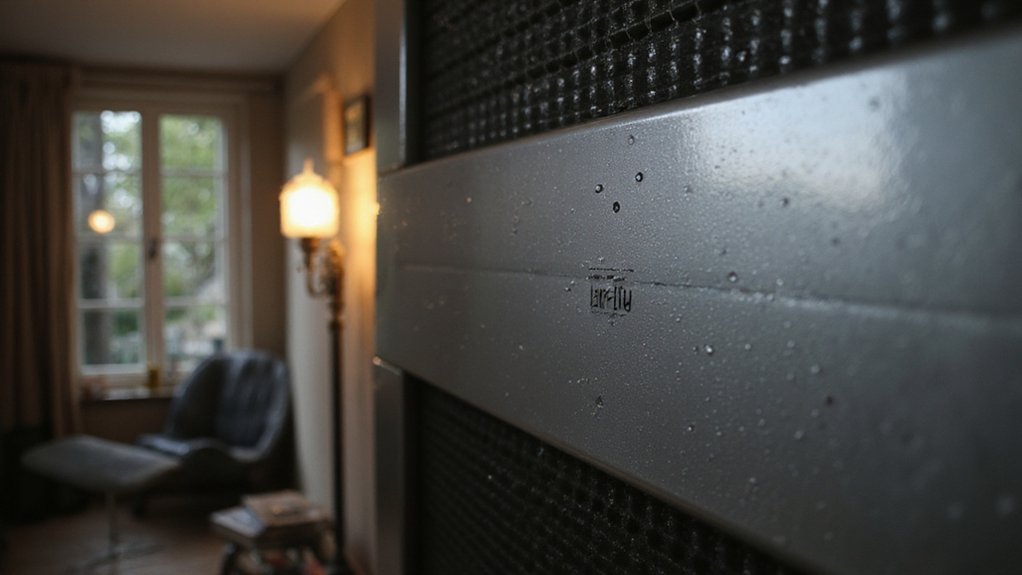
Letting a noisy heat pump run for months isn’t harmless. Problems tend to snowball.
Mechanical damage
Loose parts can wear down other components and break more things along the way. Something simple like a loose screw can eventually destroy a motor.
Higher energy bills
When something inside isn’t working right, the unit has to work harder. That means more electricity and more money out of your pocket.
Safety concerns
A few noises point to more serious issues.
- Refrigerant leaks can affect indoor air quality.
- Electrical issues can become fire hazards.
- Poor airflow can lead to moisture problems and mold.
If something sounds off, it’s better to deal with it sooner rather than later.
Quick Fixes You Can Try

Some noise problems are easy to solve without calling a professional.
Check for loose parts
Open the panel and look for loose screws or brackets. Tighten them gently. If anything looks worn out or damaged, replace it before it gets worse.
Remove debris
Leaves, twigs, and dirt around the outdoor unit can cause loud vibration. Turn the system off, then:
- Vacuum or brush debris from the fins
- Rinse with a garden hose if needed
- Clean or replace the air filter
These small steps alone can drastically reduce noise.
When It’s Time To Call a Technician

If you hear grinding, squealing, banging, or the system is running loudly nonstop, call a professional. Also call if:
- The heat pump keeps turning on and off repeatedly
- It stops heating or cooling properly
- The noise gets worse instead of better
Waiting usually costs more in the long run.
Simple Habits That Keep Your Heat Pump Quiet
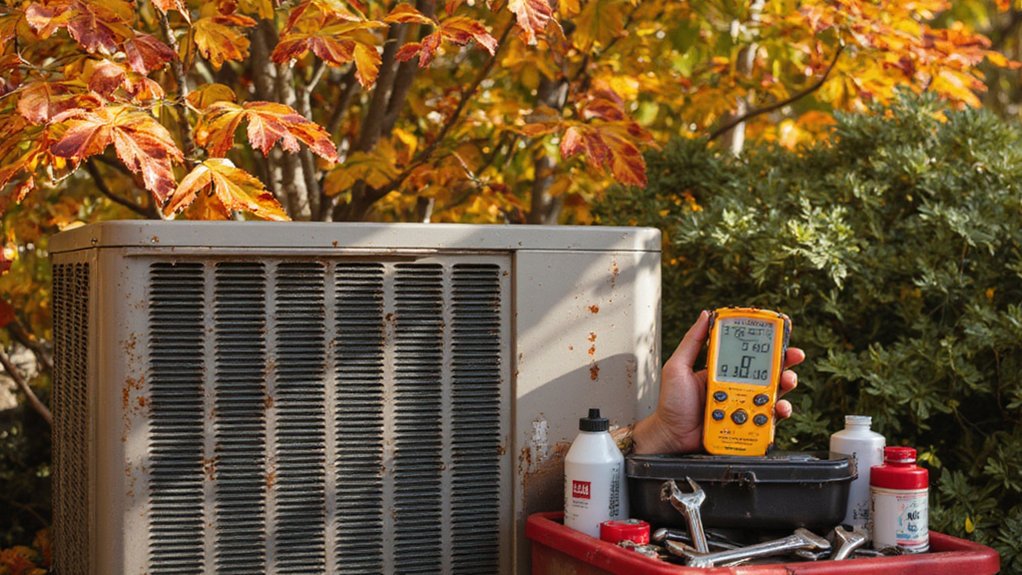
A quiet heat pump doesn’t happen by accident. It comes down to routine care.
- Get the unit inspected at least once a year
- Replace filters every one to three months
- Keep the outdoor unit clear of debris
- Lubricate moving parts if the manual recommends it
- Fix noises early instead of waiting
These habits save money and reduce breakdowns.
Final Thoughts
A heat pump shouldn’t sound like it’s fighting for its life. A little noise is normal, but anything sharp, loud, or repetitive shouldn’t be ignored. Catching the problem early protects the system, keeps energy bills under control, and helps the unit last longer.
If something suddenly sounds “off,” trust your ears. Heat pumps are talking when they make noise. Your job is simply to listen and act before it becomes a bigger problem.

other blog posts
Best Heat Pump & AC Installation Tips for Homeowners in Courtenay, BC
The Benefits of Upgrading to an Energy-Efficient HVAC System
What Size Air Conditioner Do I Need for My Home?
Ready to Enhance Your Comfort?
Contact us today to schedule your service, learn about energy-saving rebates, or join our Maintenance Membership program.



